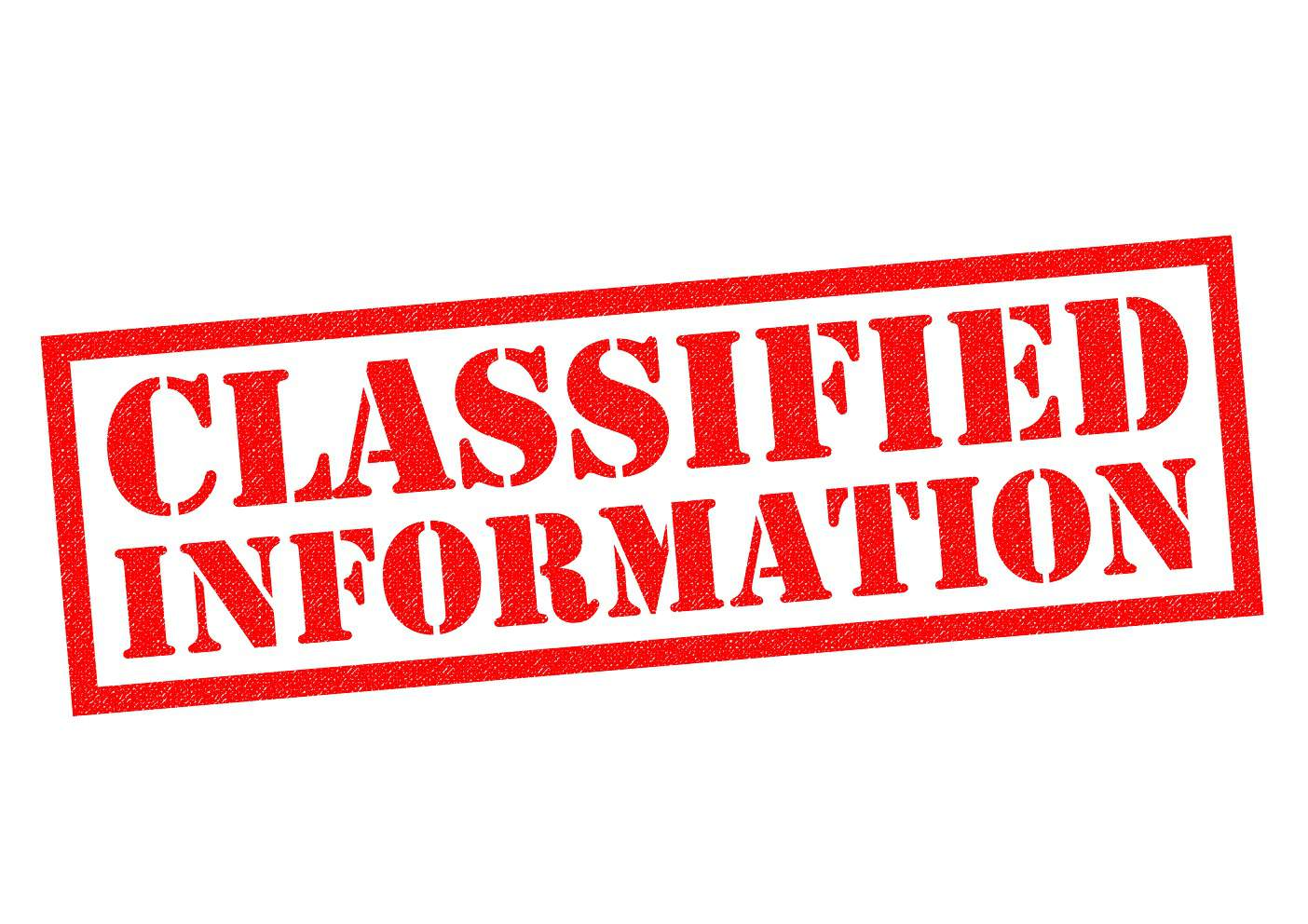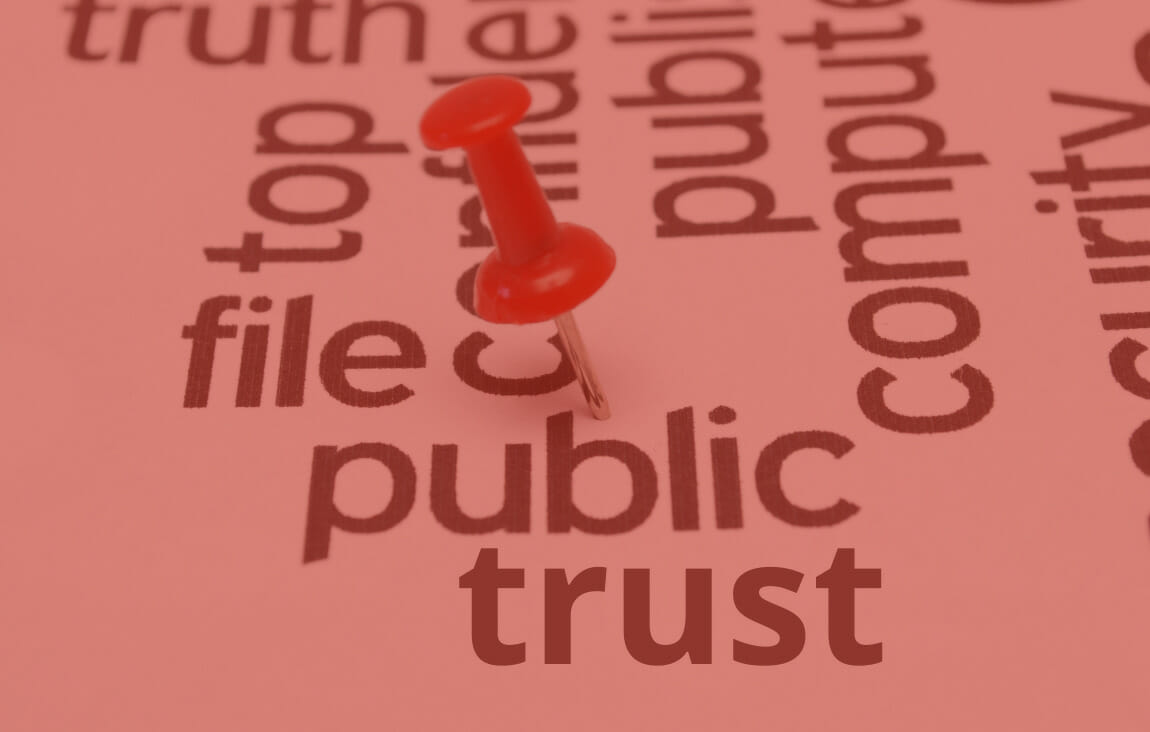Have you ever heard of a public trust clearance? If not, it’s time to learn about this important type of security clearance that many professionals must possess to work in certain industries. A public trust clearance is a type of government security clearance that grants access to sensitive information and facilities.
It’s essential for those who work in fields such as finance, healthcare, and government contracting. In this blog post, we’ll explain what a public trust clearance is, its importance, and how to get one.
What Exactly is a Public Trust Clearance?
A public trust clearance is a background investigation conducted by the government to ensure that the person who is applying for clearance is trustworthy, reliable, and of good character. It’s often required for individuals who need access to classified information, including employees of certain federal agencies, national security positions, military service positions, and contractors who work on government projects.
It involves extensive background investigations, which may include interviews with family members, friends, and colleagues, as well as a review of financial records, credit history, criminal records, and other personal details.
Why is a Public Trust Clearance so Important?
A public trust clearance is necessary to protect sensitive information and assets from unauthorized access, theft, or misuse. This clearance ensures that only trustworthy and reliable individuals have access to the required national security information and can handle important tasks related to national security, public safety, financial management, healthcare, and other important domains.
Without a public trust clearance, most federal positions and certain high risk positions may be off-limits, and opportunities for career advancement may be limited to a more low risk position.
How Do you Obtain a Public Trust Security Clearance?
The process of obtaining a public trust clearance varies depending on the agency or organization you are working for. Generally, you must submit an application that includes personal and employment history, complete a fingerprinting process, and undergo an extensive background investigation.
The investigation may take several weeks or months to complete, depending on various factors such as the level of clearance required, the complexity of your background, and the resources of the organization conducting the investigation. Once your clearance is granted, you must maintain it by adhering to certain rules and regulations related to access, disclosure, and reporting.
Tips for Obtaining and Maintaining a Public Trust Clearance?
The most important tip is to be completely honest and forthcoming in your applications and interviews. Any misleading or false information can cause your clearance to be denied or revoked, so it’s crucial to be transparent about your background and experiences.
Additionally, you should avoid any behavior that could be perceived as risky or unethical, such as drug use, financial misconduct, or criminal activity. Finally, you should be aware of the rules and limitations related to your clearance, including restrictions on travel, communication, and disclosure of sensitive information.

Who Needs a Public Trust Security Clearance?
A public trust security clearance is a non-sensitive clearance that allows an individual to access confidential or classified information. A background investigation is conducted by the federal government to ensure that the individual is trustworthy and has a clean record. Different types of employment positions require varying levels of security clearances.
Federal Government Employees
Federal government employees who work in positions that require access to confidential or classified information are required to obtain a public trust security clearance. This includes employees who handle sensitive information about national security, defense, and intelligence, among others.
For instance, government employees who work in a security clearance attorney office must have a public trust security clearance. This is because they have access to sensitive information related to national security that can be detrimental if it falls into the wrong hands.
Contractors
Contractors who work with the federal government and are exposed to confidential or classified information must also obtain a public trust security clearance. This includes companies that provide goods or services to the federal government. The clearance ensures that contractors can be trusted with confidential information.
Public Safety Workers
Public safety workers such as firefighters and police officers may require a public trust security clearance, especially if they work for the federal government. In such cases, a background investigation is conducted to assess their suitability for access to sensitive information.
Private Sector
In some cases, private sector employees may require a public trust security clearance if they work for companies that provide services or handle sensitive information for the federal government. For example, employees of a private company that provides IT services to the federal government may be required to obtain a public trust security clearance.
Benefits of Obtaining a Public Trust Security Clearance
Obtaining a public trust security clearance has various benefits, including increased job opportunities and higher salaries. Many government agencies and contractors prefer employees who already have a security clearance, as it reduces the time and resources required to conduct background checks.
Additionally, possessing a security clearance is a valuable asset that can enhance your career prospects, particularly in fields like cybersecurity, intelligence, and law enforcement. It also demonstrates your trustworthiness and reliability to your employer and colleagues.
Secrets No More: Understanding the Security Clearance Process
The security clearance process has become a critical aspect of government employment in recent times, and many people aspire to work in areas requiring high-security clearances.
The process can be daunting, and many fail to understand the requirements, the process, and the reasons for rejection. It is crucial to understand the security clearance process to know what is expected of you and the next steps to take.
Security Clearance Levels
Not all jobs require security clearance. However, if you are looking to work in a position that deals with classified information or is responsible for national security, you will need the clearance.
There are three levels of security clearance; Confidential, Secret and Top Secret. Confidential is the lowest level and requires a background check, while Secret and Top Secret are higher levels that require further investigations. A Top Secret clearance is the highest level and requires extensive background checks and interviews with people who know you.
What is Checked in a Security Clearance Process?
The security clearance process is designed to evaluate your character, reliability, and trustworthiness. It involves a comprehensive full background investigation that includes the following areas:
- Criminal history
- Financial history
- Citizenship status
- Drug and alcohol use
- Personal conduct and behavior
- Foreign influence
The investigation may include interviews with friends, family, and colleagues who can vouch for your character. It may also include polygraph tests.
Tips for Passing the Security Clearance Process
The security clearance process can be rigorous, time-consuming, and even intimidating. Here are some tips to help you navigate the clearance process successfully:
- Be honest about your past experiences and provide accurate information.
- Seek legal counsel to help you explain any adverse history that may jeopardize your clearance.
- Maintain a good credit score, do not have significant debt and pay bills on time.
- Avoid associating with individuals who may have a questionable background or criminal history.
- Be careful about what you post on social media as it may be considered in the clearance process.
- If possible, seek employment in jobs that do not require a security clearance until you are ready to undergo the process.
What Happens if Your Security Clearance is Denied?
If your security clearance is denied, you have the right to appeal the decision through the appropriate channels. Having a good understanding of the process and properly completing each step can minimize your chances of being denied.
Understanding the Background Investigation Process for Public Trust Security Clearances
Are you applying for a public trust security clearance? If so, you might be wondering about the background investigation process. A public trust security clearance is required for many government jobs, unless you’re applying for non sensitive positions.
It allows individuals to access sensitive information that is security clearance based and work with confidential documents. However, before you can receive public trust positions, you need to go through a rigorous background check process.
Investigative Questionnaire
The first step in the background investigation process is filling out the investigative questionnaire. This questionnaire comprises personal, financial, and employment history information.
It also includes details about your family members, previous residences, and any criminal history. Make sure to be precise and truthful while answering this questionnaire. Any mistakes or false information can lead to rejection of your clearance application.
Background Investigation
The background investigation is the most crucial aspect of the clearance process. Once you submit your questionnaire, a background investigator will conduct a thorough investigation into your background.
The investigation may take several months, and investigators may contact your employers, financial institutions, and acquaintances to verify the information provided in the questionnaire. Investigators may also conduct interviews with you and your family members.
Adjudication
After the background investigation is complete, the adjudication process begins. During adjudication, the investigator compiles all the information gathered during the investigation and analyzes it to determine if the candidate is eligible for the clearance.
The adjudicator considers factors such as criminal history, substance abuse, and financial history while deciding whether to grant a clearance. The adjudication process takes around 30-90 days on average.
Final Determination
If the adjudicator grants you clearance, you will receive a Notice of Determination. The notice indicates that you have been granted a clearance and outlines any conditions you must adhere to while holding the clearance.
If the adjudicator denies you clearance, you will receive a Statement of Reasons that lists the reasons for the denial, and you can initiate the appeal process.
Renewal and Re-investigation
A public trust security clearance is valid for 5 years from the date of issuance. You must go through the renewal process to maintain the clearance. This requires you to submit another investigative questionnaire, and if needed, undergo another background investigation.
In addition, if you face any life changes (such as a change in financial circumstances or criminal convictions), you are required to report it to your security officer immediately.
Do You Need Personnel Management and Public Trust Processing?
In today’s ever-changing technological landscape, ensuring the security of your organization’s information and personnel is crucial. That’s why Strike Strategies offers comprehensive managed security services that encompass everything from personnel management to public trust processing.
If your company requires clearance for classified material or is looking to fill moderate risk positions, Strike Strategies can guide you through the application process with ease. With their expertise in security and risk management, you can rest assured that your sensitive information and personnel are in the best hands possible. Trust Global Solutions to provide the security solutions your company needs to succeed.

Conclusion
In conclusion, a public trust clearance is an essential requirement for certain jobs that involve access to sensitive information and facilities. It’s important for protecting national security, public safety, financial integrity, and other critical domains.
Obtaining and maintaining a public trust clearance requires an extensive background investigation, honesty, and adherence to various rules and regulations. If you’re interested in working in a field that requires a public trust clearance, start preparing early, stay informed about the requirements and procedures, and maintain your integrity and credibility at all times.




